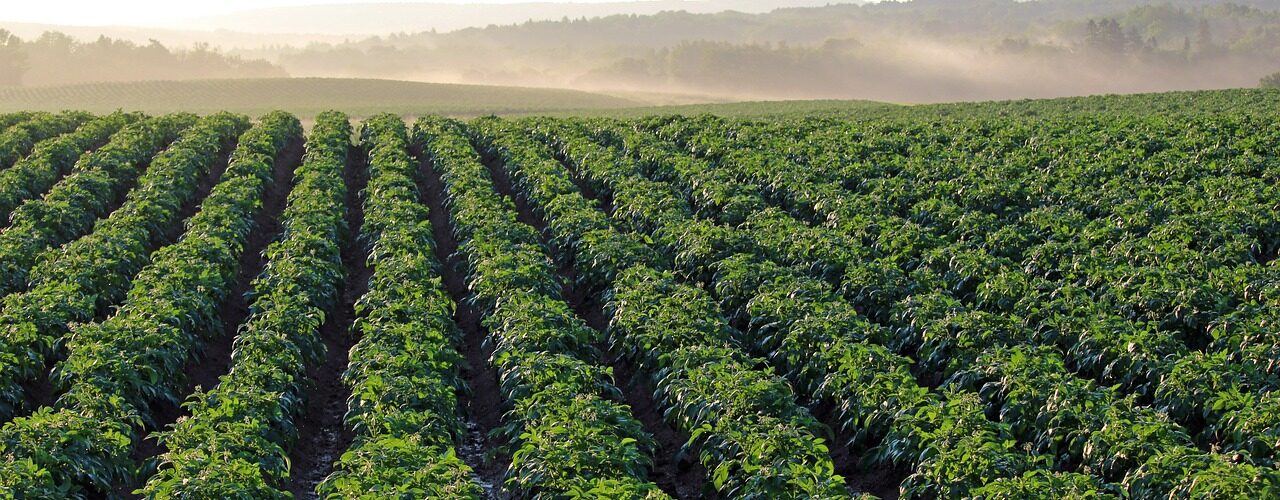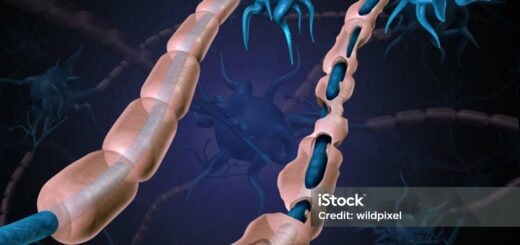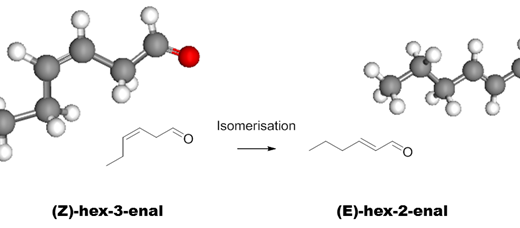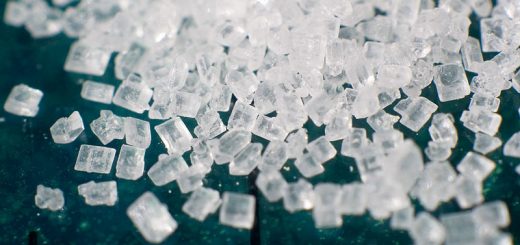Can nitrogen use in growing potatoes be improved to reduce dependence on fertilisers?

Potatoes, like all plants, require nitrogen for growth and survival due to its role in the production of components vital for life, such as amino acids which make up all the proteins in a living organism. Nitrogen fertilisers are therefore a key requirement for growing potatoes and help to maintain a high yield of crops. While this is beneficial from the perspective of food production, it presents serious environmental risks with use of these fertilisers generating approximately 2.3 – 2.7% of worldwide greenhouse gases[1].
The most common source of nitrogen for plants is nitrate, which is taken up through the roots before being converted to nitrite by the enzyme nitrate reductase (NR). A novel function of cycling dof factor 1 (StCDF1) — a protein found in potato plants — in the regulation of NR has been described in the journal New Phytologist through a collaboration between scientists from the Centre for Research in Agricultural Genomics and Wageningen University[2].
By binding to the NR gene (StNR), StCDF1 was found to negatively regulate the production of NR, decreasing the efficiency of nitrogen use by potato plants. Preventing the activity of StCDF1 in potato plants with genetic manipulation led to improved potato plant growth in low-nitrogen environments. Unlike many other plant species, the potato plant contains only one copy of StNR, and natural variations were identified in the region of this gene to which StCDF1 binds. This introduces the prospect of selecting or genetically editing versions of StNR which are not well recognised by StCDF1. Preventing the binding of StCDF1 to StNR would block its suppressive effect, resulting in increased activity of NR and more efficient use of nitrogen by the potato plant.
Improving the efficiency of nitrogen use by potato plants through preventing the inhibitory effect of StCDF1 may provide a way to decrease the use of nitrogen fertilisers. This would allow continued production of high yield potato crops while limiting the environmental consequences of fertiliser use.
[1] https://www.eurekalert.org/news-releases/1063542
[2] https://doi.org/10.1111/nph.20186
Edited by Daisy Lints
Copy-edited by Cameron McKeddie






